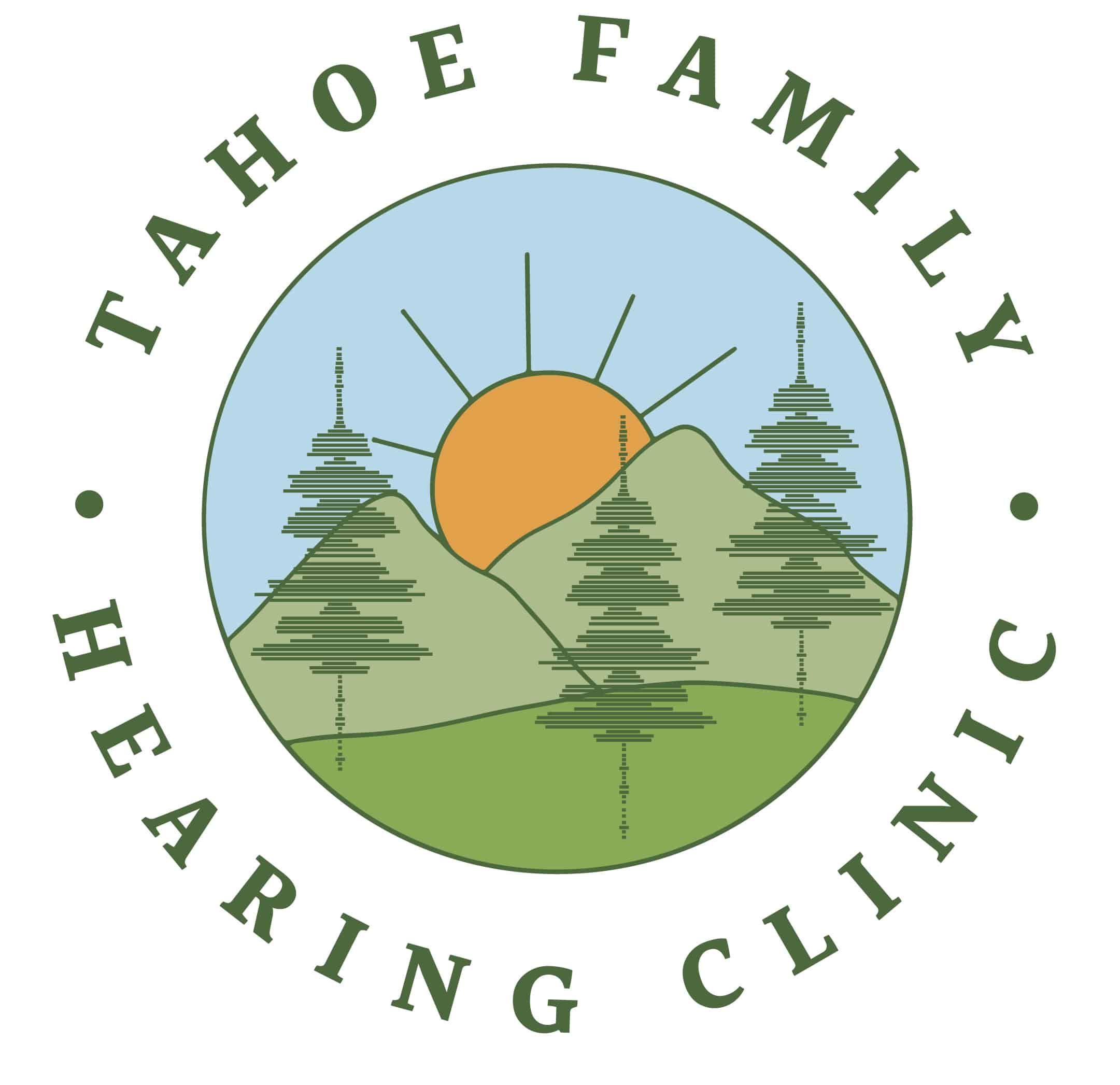Hearing FAQs
Are hearing aids waterproof?
The majority of hearing aids are water resistant, not waterproof. Hearing aids are small yet durable and can withstand every day moisture and sweat. However, you should never wear your hearing aids in the water, such as swimming or showering. If you do need a waterproof hearing aid for your lifestyle, there is one brand that carries waterproof devices. We would be happy to help you find the right hearing aid for your unique needs.
How to clean a hearing aid?
To keep your hearing aids performing their best, you should clean them every time you take them out of your ears. To clean your hearing aids, simply wipe them down with a soft, dry cloth or with a hearing aid cleaning brush. In addition, we recommend bringing your devices in every six months for a professional deep cleaning by our hearing care expert.
How can I prepare my child for their appointment in the sound booth?
Practice creating a conditioned response at home so that when the child hears something, they get a reward such as putting a sticker on a piece of paper every time they hear a sound. You should also practice waiting. You can put your hand over your child’s hand, hold it until they hear the sound, and then you can reward them. Be sure to celebrate so they can be excited for the game!
How often should my child’s hearing be tested?
3 out of 1000 children born have some degree of hearing loss, but that statistic jumps to 14% of children with hearing loss by school-age! Children should all get a newborn hearing screening within the first month of life. If they are at-risk for hearing loss (determined by a medical professional or family history of hearing loss), they should again be tested at 18 months. All children should be tested at 3 years of age (when beginning preschool education) and again at 5 years of age (when entering Kindergarten) with monitoring thereafter as needed.
Are there different kinds of hearing loss?
Yes! There are three main types of hearing loss: sensorineural, conductive, and mixed.
- Sensorineural is a permanent type of hearing loss which indicates there is a problem with the hearing organ (cochlea) or auditory nerve.
- Conductive is a temporary type of hearing loss indicating an issue with the outer or middle ear in which sound cannot be conducted to the hearing system.
- Mixed hearing loss is a combination of both sensorineural and conductive.
Who should use hearing protection?
Anyone! Anytime the noise levels around you exceed 85 decibels, you should wear hearing protection. Concertgoers, musicians, motorsport enthusiasts, hunters, industrial workers, dentists, sporting event attendees – there are many professions and leisure activities that recommend daily hearing protection to be used.
